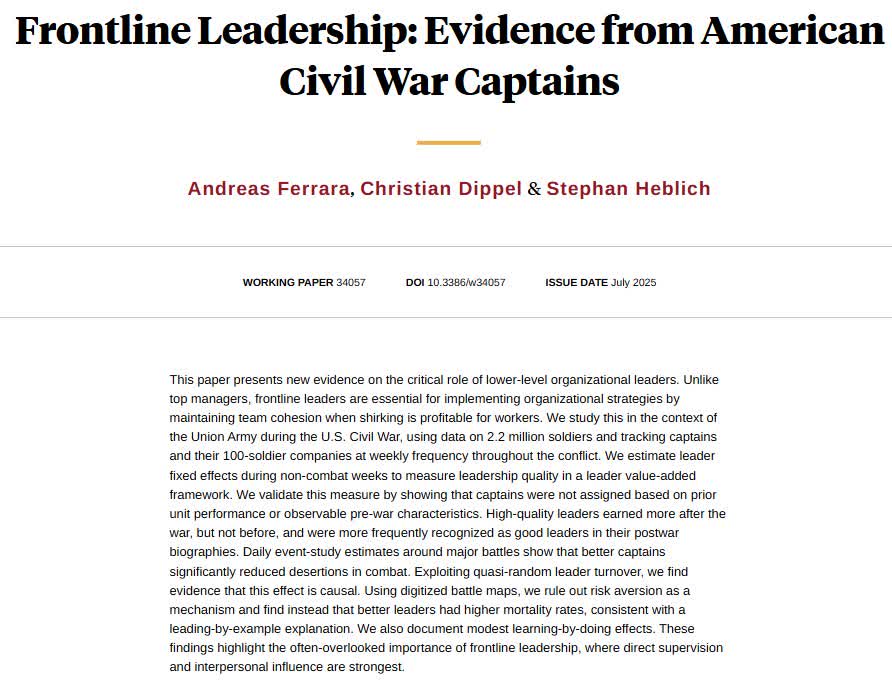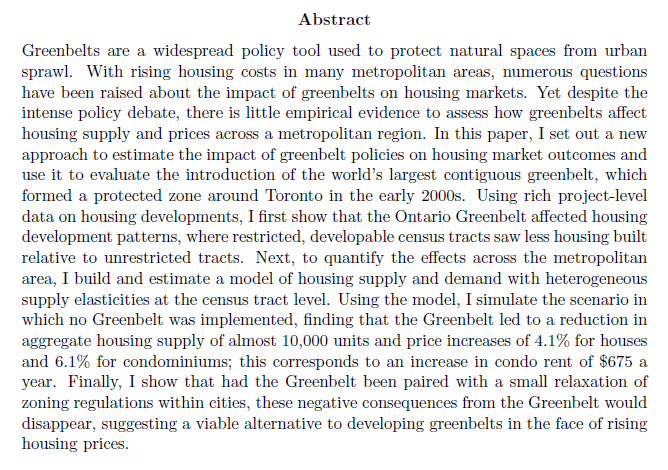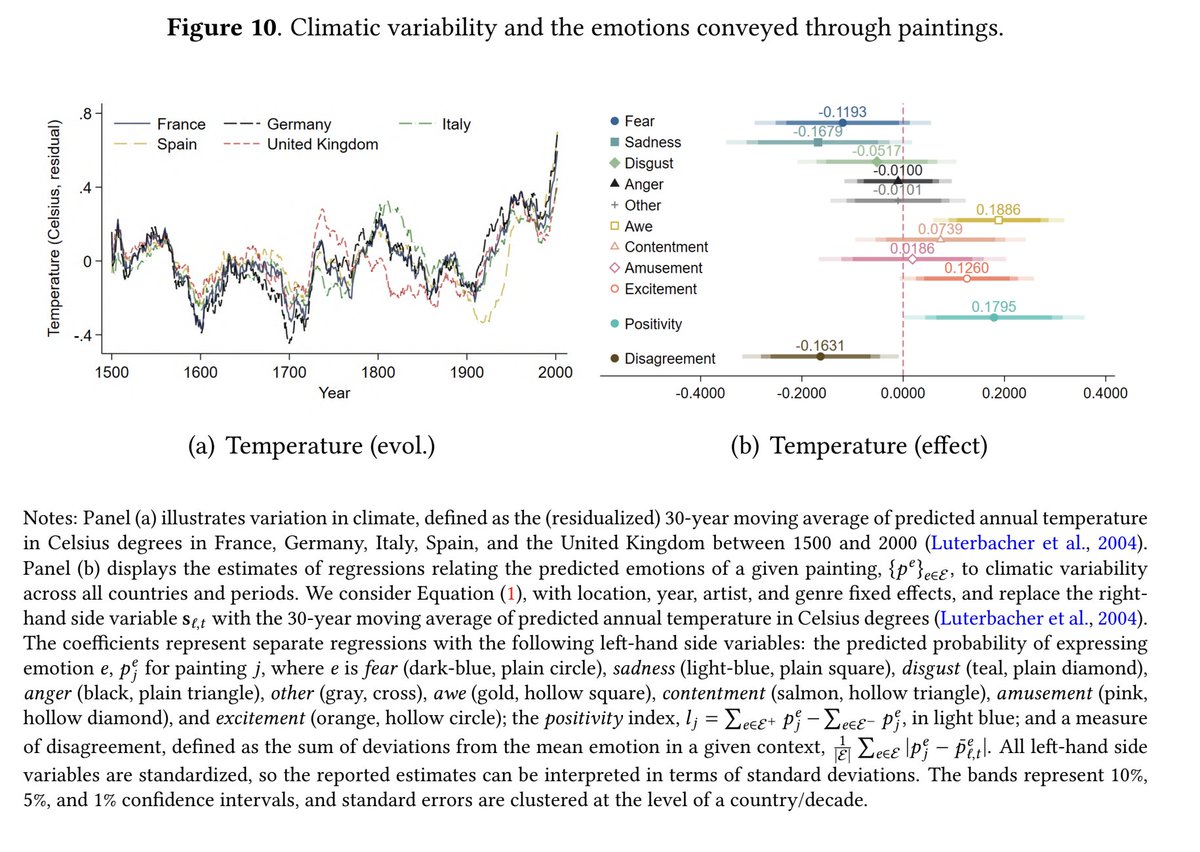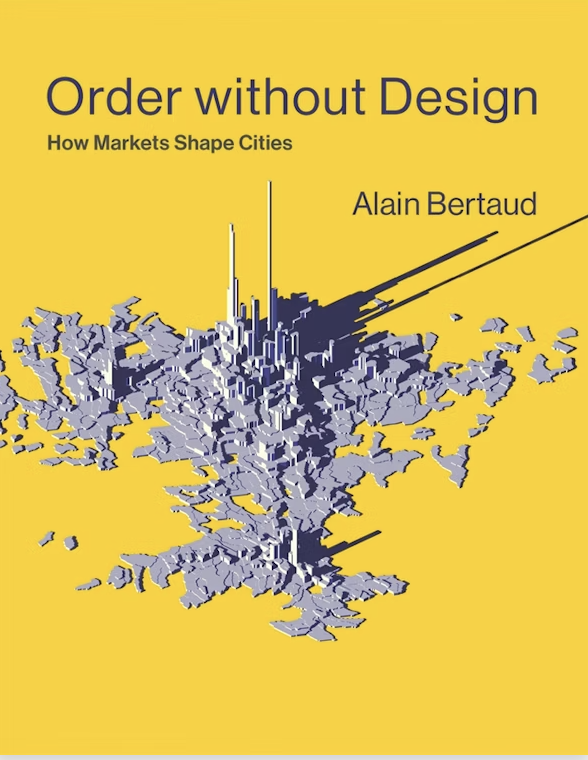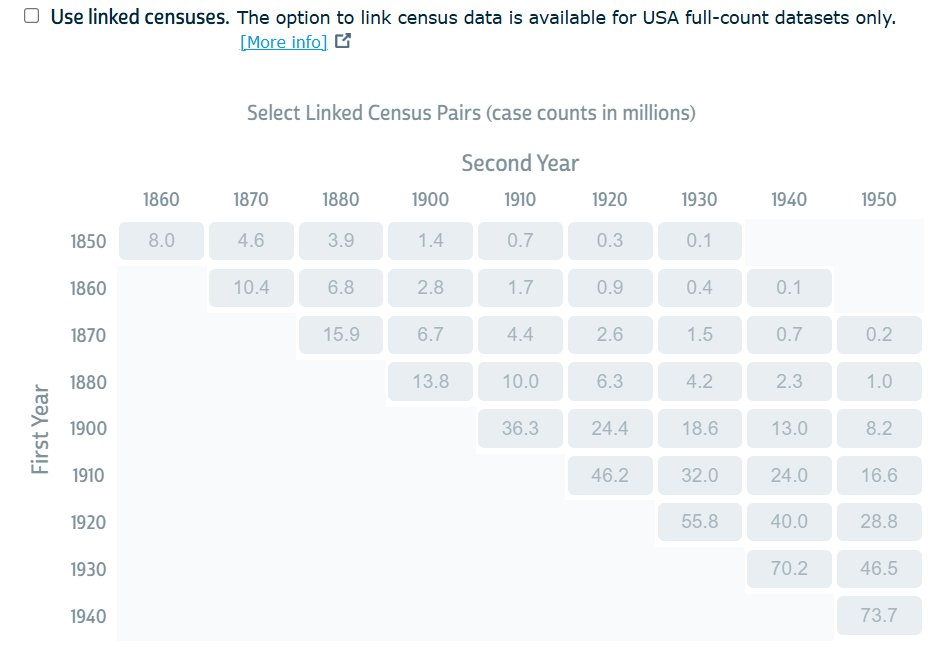
Stephan Heblich
@stephanheblich
Professor, Department of Economics, University of Toronto (@econuoft); affiliated with the Munk School (@munkschool)
ID: 1833763230
https://sites.google.com/view/stephanheblich/ 08-09-2013 19:56:55
80 Tweet
422 Takipçi
142 Takip Edilen


Using the Emerald Ash Borer infestation in Toronto to identify the effect of urban trees on house prices, temperature and energy consumption, from Lu Han, Stephan Heblich, Christopher Timmins, and Yanos Zylberberg nber.org/papers/w32063
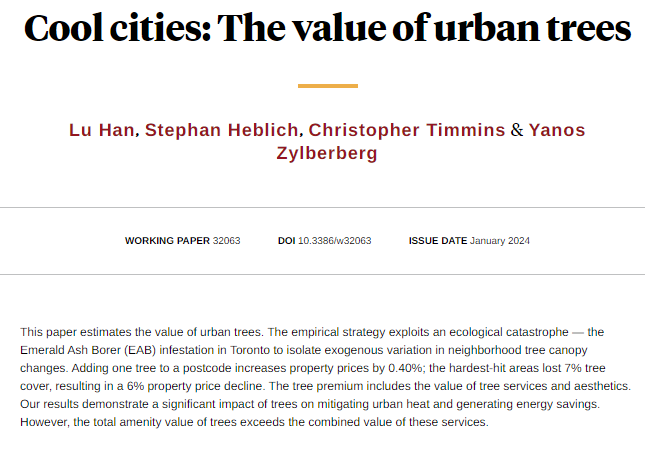
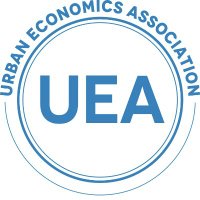

Hi those interested in/working on big data applications in econ history! @mathiasbuehler, Kalle Kappner, and Monique Reiske, and I put together a workshop where you can present your research! Feat Joachim Voth & Stephan Heblich as keynotes! CFP here: mathiasiwanowsky.com/MicroDataEH.pdf

The program for our upcoming annual North American meeting is now online: urbaneconomics.org/meetings/uea20…. #UEA2024, hosted by Georgetown University, features keynotes by Rebecca Diamond & Gordon Hanson and more than 70 paper sessions. To register, visit editorialexpress.com/conference/uea…


A 10 percent rail access loss due to the 1950–80 Beeching cuts in the UK caused a 3 percent population decline, reducing local jobs, skilled workers, and young people in the most affected areas, from Steve Gibbons, Stephan Heblich, and Edward W. Pinchbeck nber.org/papers/w32800


Using the New World Grain Invasion in the late-19th century to show that geography is an important dimension along which the distributional consequences of trade occur, from Stephan Heblich, @ReddingEcon, and Yanos Zylberberg nber.org/papers/w32958






Brian Albrecht (Brian Albrecht) consistently offers some of the sharpest takes on basic economics on X. His recent post is a gem: 🔗 economicforces.xyz/p/will-ai-skyr… Brian makes a simple but essential point, one I’ve tried (and failed) to make thousands of times when talking about






Studying why some cities thrive while others decline finds that early industrial specialization lowers long-run productivity—a dynamic trade-off at the heart of place-based policy, from Stephan Heblich, Dávid Krisztián Nagy, Alex Trew, and Yanos Zylberberg nber.org/papers/w34029
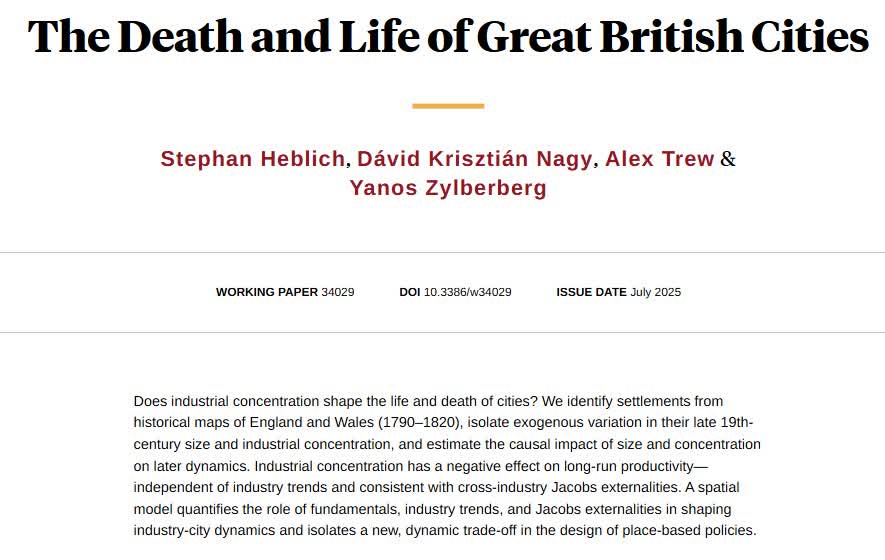

Frontline Union Army captains cut desertions and boosted cohesion through leading by example, earning postwar-wage gains and greater recognition, from Andy Ferrara, Christian Dippel, and Stephan Heblich nber.org/papers/w34057
